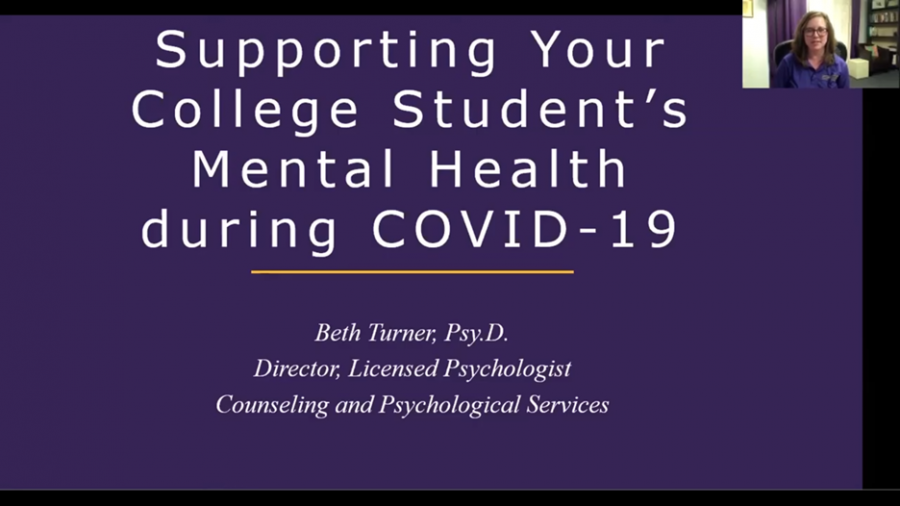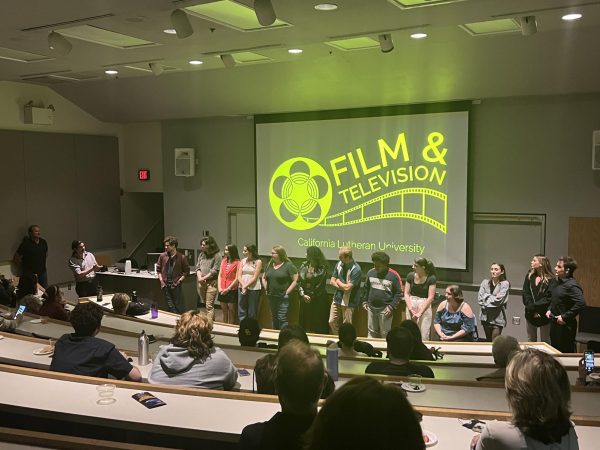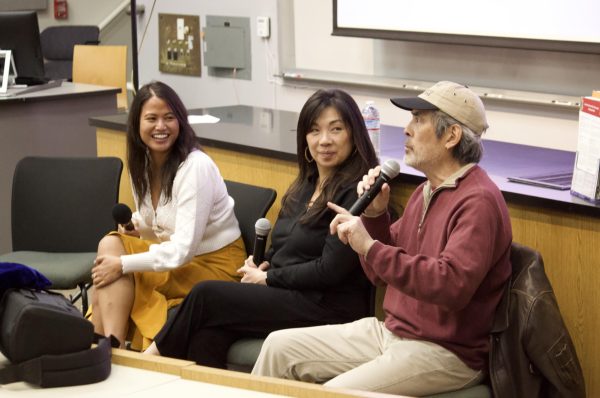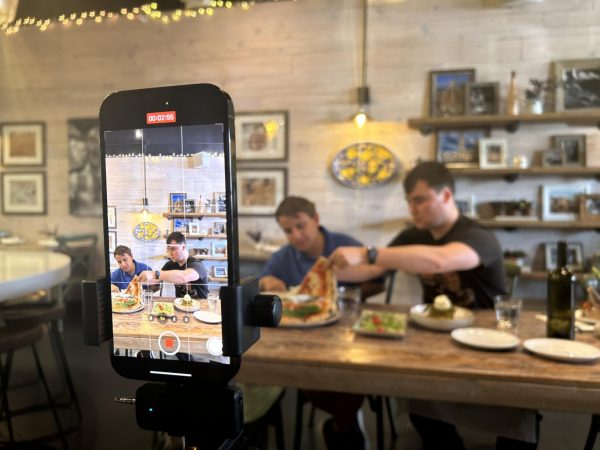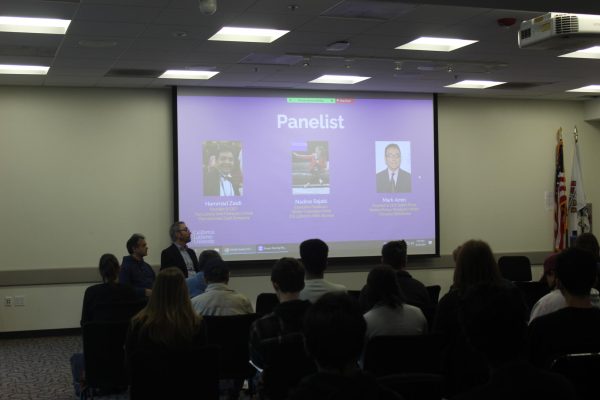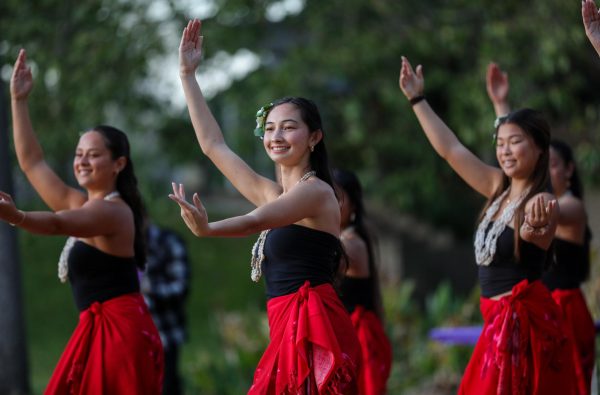How to support the 40% of Americans struggling with mental health
Dr. Beth Turner spoke about mental health in part of the Virtual Homecoming series.
October 21, 2020
Ethnic and racial minorities, essential workers, unpaid caregivers, and young adults are some of the hardest hit demographics in terms of mental health during COVID-19.
These findings, and ways to support those who are struggling, were shared during Supporting Your College Student’s Mental Health During COVID-19, a virtual presentation led by Dr. Beth Turner, director of Counseling and Psychological Services, in part of the 2020 Homecoming event series.
“There are multiple changes and losses within this pandemic, along with racial injustice in the spotlight nationally and on our campus, along with the anticipation in not knowing how [or] when the pandemic will end or what things will look like as we continue to move forward,” Turner said during the presentation.
During the presentation, Turner said a CDC study found that 40% of Americans reported they are currently struggling with mental health or substance abuse issues.
Students ranging from 18-24 years old are having the toughest time with these changes, Turner said.
“Going through all these different experiences, along with the ‘not knowing,’ it is normal for people to feel more anxious and depressed, or for these feelings to fluctuate,” Turner said in an email interview.
One environmental stressor Turner highlighted during the presentation was social media use.
Many college students use social media to help feel connected to friends and family. However, recent studies have shown that social media use in those 25 and younger is having the opposite effect: making young adults feel more disconnected.
In addition to feeling socially isolated, young adults between the ages of 18-24 have reported increased substance abuse and suicidal ideation during the pandemic, according to the CDC.
Overall, three out of four people in the 18-24 age range are experiencing adverse mental health effects and 80-90% reported symptoms of depression or anxiety.
Turner’s presentation outlines 10 behaviors of students that parents should be aware of during this challenging time.
10 behaviors parents should look out for:
- Changes in sleep
- Changes in energy, alertness
- Changes in eating/appetite
- Withdrawn, less interested
- Easily distracted, restless
- “Numbing” or tuning out family and friends
Biggest red flags:
- Changes in normal presence, mood, and behaviors
- Changes in academic participation or performance
- Feeling helpless or hopeless
- Talking about feeling “trapped” or feeling like a “burden”
Turner also said parents can intervene to help support their students if they notice some of these behaviors.
What to do:
- Trust your gut and reach out
- Speak candidly and genuinely
- Share that you care about them
- Stick to observations without judgement
- Take what they say seriously
If parents or friends notice abnormally high amounts of distress, they can reach out to:
- Disaster Distress Helpline: 1-800-985-5990
- National Suicide Prevention Hotline: 1-800-273-8255
For students who do not need immediate medical attention, Turner said parents can help their students cope with life during COVID-19 by giving students a sense of social connectedness and belonging, structure in their daily lives, healthy habits, and resources for help with mental health.
If you are a student seeking help for yourself or your peers, below are resources offered by California Lutheran University:
(805) 493-3727
(805) 493-3228
(805) 493-3260
(805) 493-3200
(805) 493-3670
(805) 493-3570
(805) 493-3572

